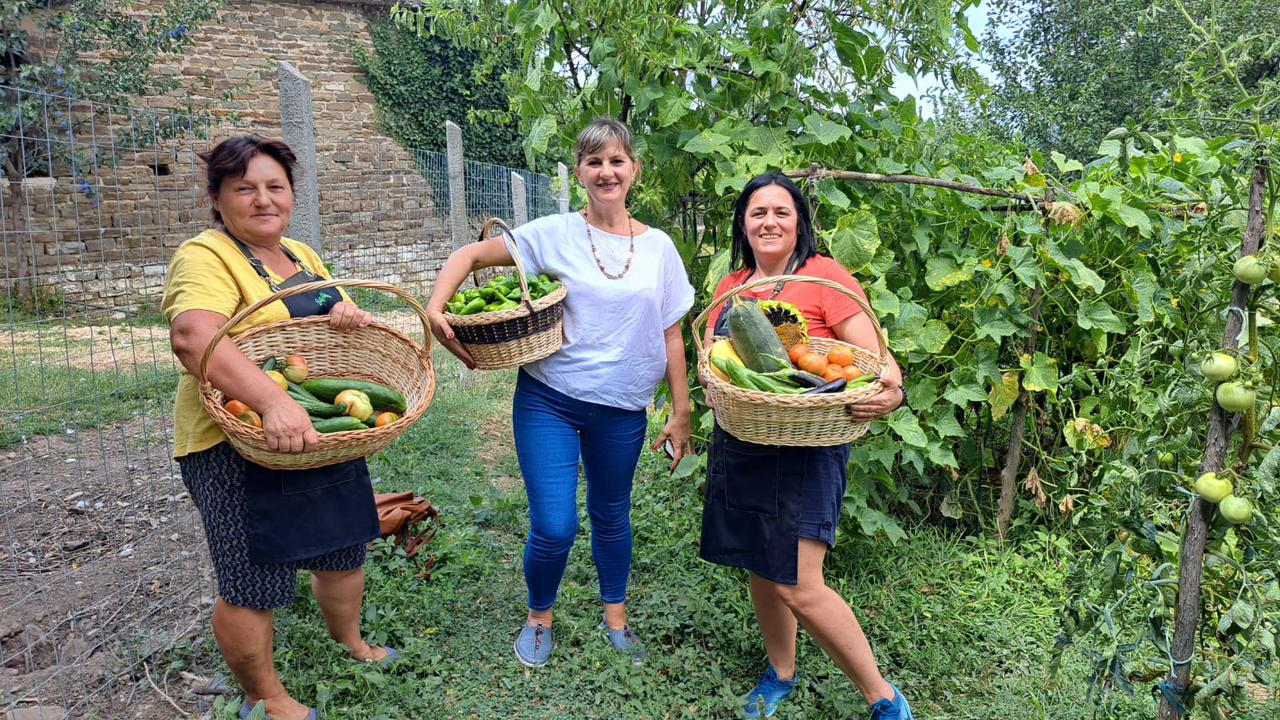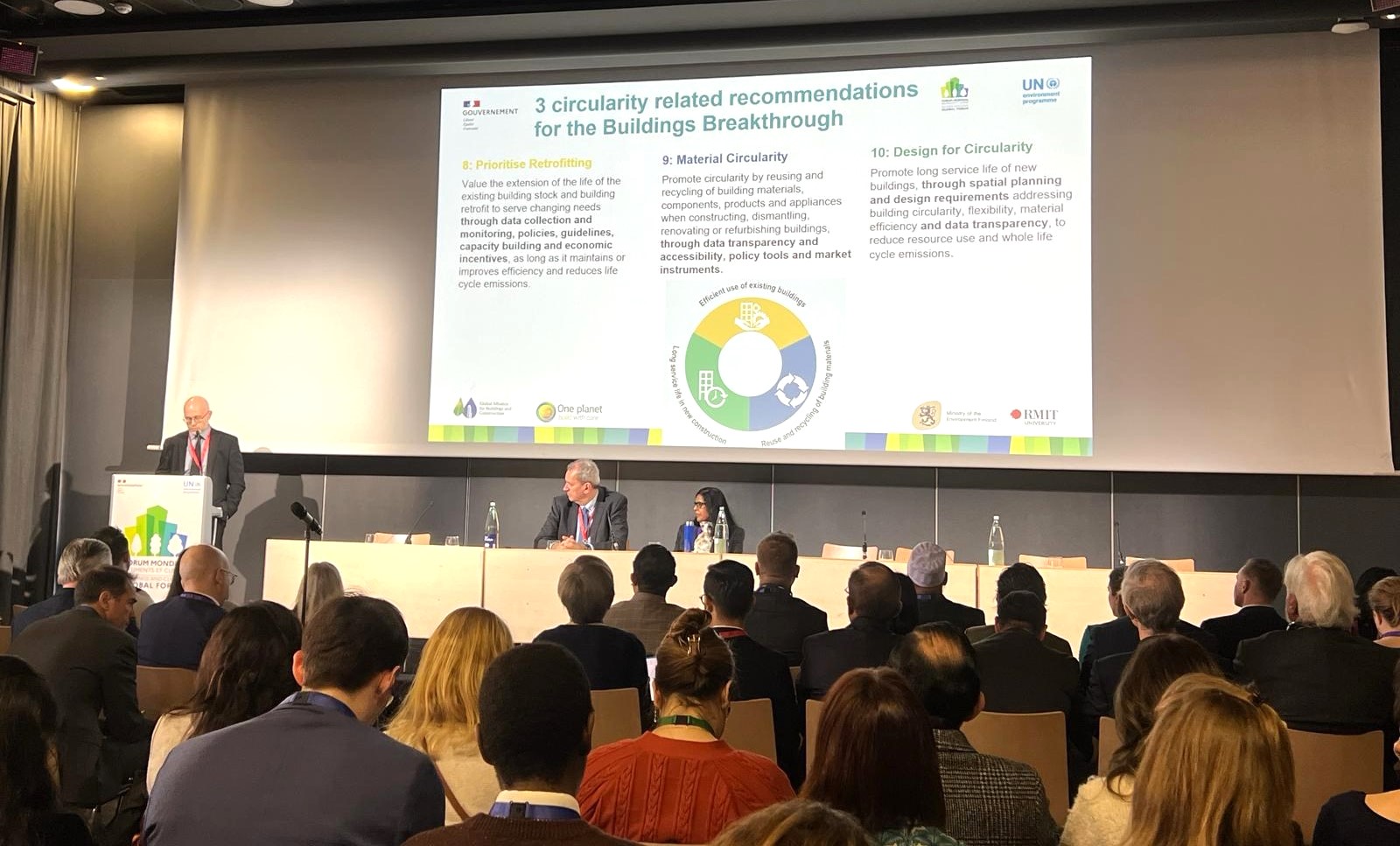IFAD - Adaptation for Smallholder Agriculture Programme (ASAP)
ASAP is a new direct entry point in IFAD to channel earmarked climate and environmental finance to smallholder farmers. ASAP funds will co-finance projects using clear selection criteria and applying a results framework which contains 10 specific and measurable indicators of achievement.
The objective of ASAP is to improve the climate resilience of large-scale rural development programmes and improve the capacity of at least 8 million smallholder farmers to expand their options in a rapidly changing environment.
Responding to climate change requires major changes in how rural development is practiced. First, project and policy preparation needs to be based on a deeper risk assessment and a better understanding of interconnections between people and wider landscapes. Second, this can drive a major scaling up of ―multiple-benefit‖ sustainable agricultural intensification approaches – these can build climate resilience through managing competing land-use systems at the landscape level while at the same time reducing poverty, enhancing biodiversity, increasing yields, and reducing greenhouse gas emissions. Third, climate change is reshaping the architecture of public (and potentially private) international development finance, requiring new efforts to enable agriculture, and smallholder farmers in particular, to become significant beneficiaries of climate finance. Each of these three elements is required to build the adaptive capacity of smallholders in the context of increasing environmental and economic uncertainty.
External source(s)
Image

Project start date
02/12/2016
Project end date
02/12/2016

